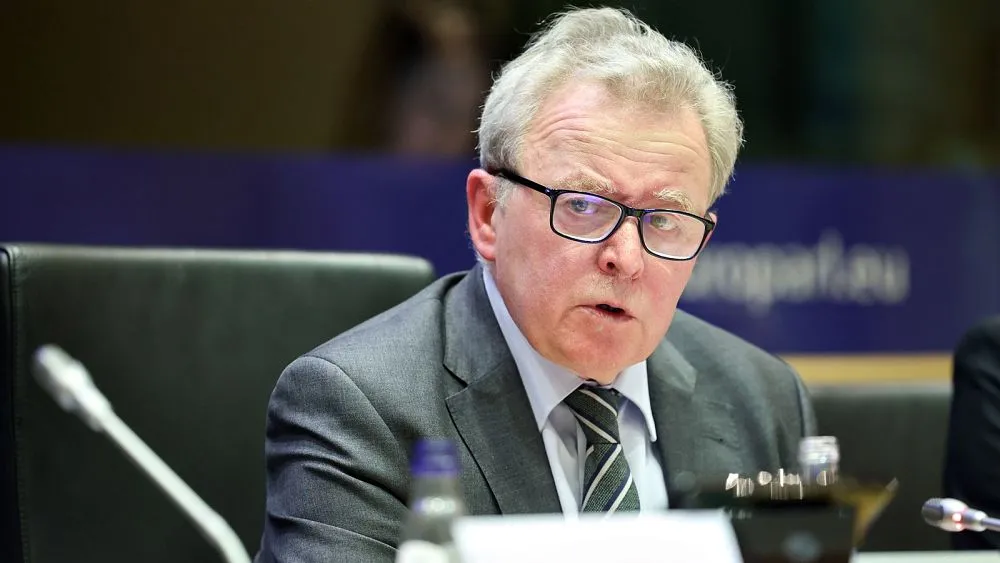It’s a difficult spot to be in, and clearly Putin’s fault, but are these countries grain farmers supposed to go under because they can’t ship the grain out the normal terminals?
People in 3rd world countries are depending on calories grown in this part of the world to literally survive, so there’s no easy answer here.
Subsidize/pay off entirely local farmers for this year based off of 2022 earnings, ship the grain through an inland route to the Mediterranean and get it to the third world countries that need it.
Farmers aren’t that large in number and don’t make a ton of profit, seems like it’s a bit expensive mostly in shipping but you could also be the politicians to prevent a humanitarian disaster not that far from your borders helping prevent another refugee crisis which much of Europe would riot over and could be the final boost needed for the already rising far right.
This is the best summary I could come up with:
The prohibitions have been in place since 2 May and apply to five members of the European Union located in Ukraine’s periphery – Poland, Hungary, Slovakia, Romania and Bulgaria –, who complain the grain glut has depressed prices for local farmers.
The European Commission, which negotiated the deal in a bid to prevent uncoordinated retaliatory action from Eastern Europe member states, has insisted the bans would be definitively phased out by 15 September and efforts would then focus on improving shipping capacity, infrastructure and storage.
But on Thursday morning, Wojciechowski, who is Polish, broke ranks with the executive’s main line and explicitly endorsed the extension of the trade prohibitions until the end of the year, a timeline set to unleash Kyiv’s fury.
The spokesperson added work was “ongoing” to increase transport capacity through alternative routes, like the Danube river, and address the bottlenecks that fuelled last year’s surge in Ukrainian exports after the introduction of the tariff-free regime.
Poland, Hungary, Slovakia, Romania and Bulgaria have already asked Brussels to extend the prohibitions until the end of the year, arguing the collapse of the Black Sea Grain initiative would inevitably increase Ukrainian exports through land routes.
Most importantly, this step will go against the principle of solidarity on which the European Union is based," Dmytro Kuleba, Ukraine’s foreign affairs minister, said earlier this week while on a visit to Prague, in response to the demands of the five member states.
The original article contains 996 words, the summary contains 235 words. Saved 76%. I’m a bot and I’m open source!



